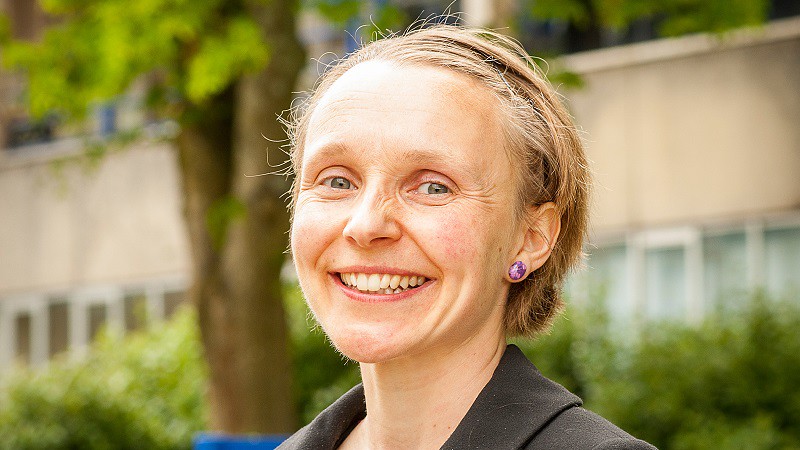What did you study at university and how did you make this decision?
I studied Aerospace Engineering basically because it sounded exciting. I’d decided that engineering was the career for me and then I couldn’t resist the opportunity to design aeroplanes. I had no idea that my degree would lead me to design wind turbines and nuclear fusion power plants. I think that just goes to show that an engineering degree sets you up for a huge variety of opportunities.
What influenced your decision to pursue a career in engineering?
I wanted a job where I could make a positive influence on the world. I also wanted my work to be really varied and give me the opportunity to continue to learn and discover new things throughout my life. I can honestly say that my career so far has delivered all three of those things by the bucket load.
Where have you previously worked and how did this lead to your current position?
After my MEng at Bath, I decided to study for a PhD in Aerodynamics & Heat Transfer at Oxford University. At that point I thought that my career was going to be working with jet engines, so my PhD was centred on designing part of a ramjet engine. Although I enjoyed my PhD, by the time I was halfway through it, I realised that the most important thing to me was to use my engineering skills to help prevent the world being devastated by climate change. So after my PhD I worked for the world’s largest manufacturer of wind turbines, Vestas.
After seven years at Vestas, working as a control, project and aerodynamics engineer, I needed to change jobs for personal reasons. As I looked for a job in the right location, I was amazed to see that the Culham Centre for Fusion Energy (CCFE) were looking for engineers with my experience. What better way to fight climate change than to help develop the ultimate energy source, nuclear fusion, which produces no carbon emissions, creates no long-term nuclear waste, uses an abundant fuel source and is intrinsically safe.
What challenges have you faced in your studies/career and how did you overcome them?
I feel very lucky to have been able to move from a PhD based on jet engines to working with wind turbines and nuclear fusion. However, that change has meant that it has taken a long time for me to find my engineering niche. Early in my career I worked on a lot of different projects, building up small amounts of experience in lots of different areas, rather than becoming an expert in a few. In recent years I’ve realised that it is important to work out what my strengths are and concentrate on working on projects that allow me to use those parts of my skill set. That way I’m happier and I can provide more value to the organisations I work for.
What aspect of engineering do you particularly enjoy?
I particularly enjoy the team aspect of engineering. I get a huge amount of pleasure watching groups of people who have never met before working on a project and suddenly discovering that they are all pulling in the same direction and making something really exciting come together.
What advice would you give to young women interested in studying engineering?
Don’t let the small number of women currently working in the engineering sector bother you. Yes, you are likely to approach work differently to the men around you, but from my experience, that is a good thing as you are likely to change the dynamic in the team, which will allow better solutions to be found. I’ve only ever experienced positive discrimination in the workplace. I actually quite enjoy being the odd one out as it gives me more freedom to be myself.
What are your career plans for the future?
To be honest I want to just keep using my engineering skills to help develop the ultimate energy source. Working in nuclear fusion is crazy interesting and I have loads to learn. At the moment I’m working on the existing reactor at Culham (the Joint European Torus – JET), but I am also involved in the European project to design the first nuclear fusion power plant: DEMO. Our plan is to be supplying 2GW of nuclear fusion generated electricity to the grid by 2050. That’s a truly exciting challenge that I want to continue to be involved with.
